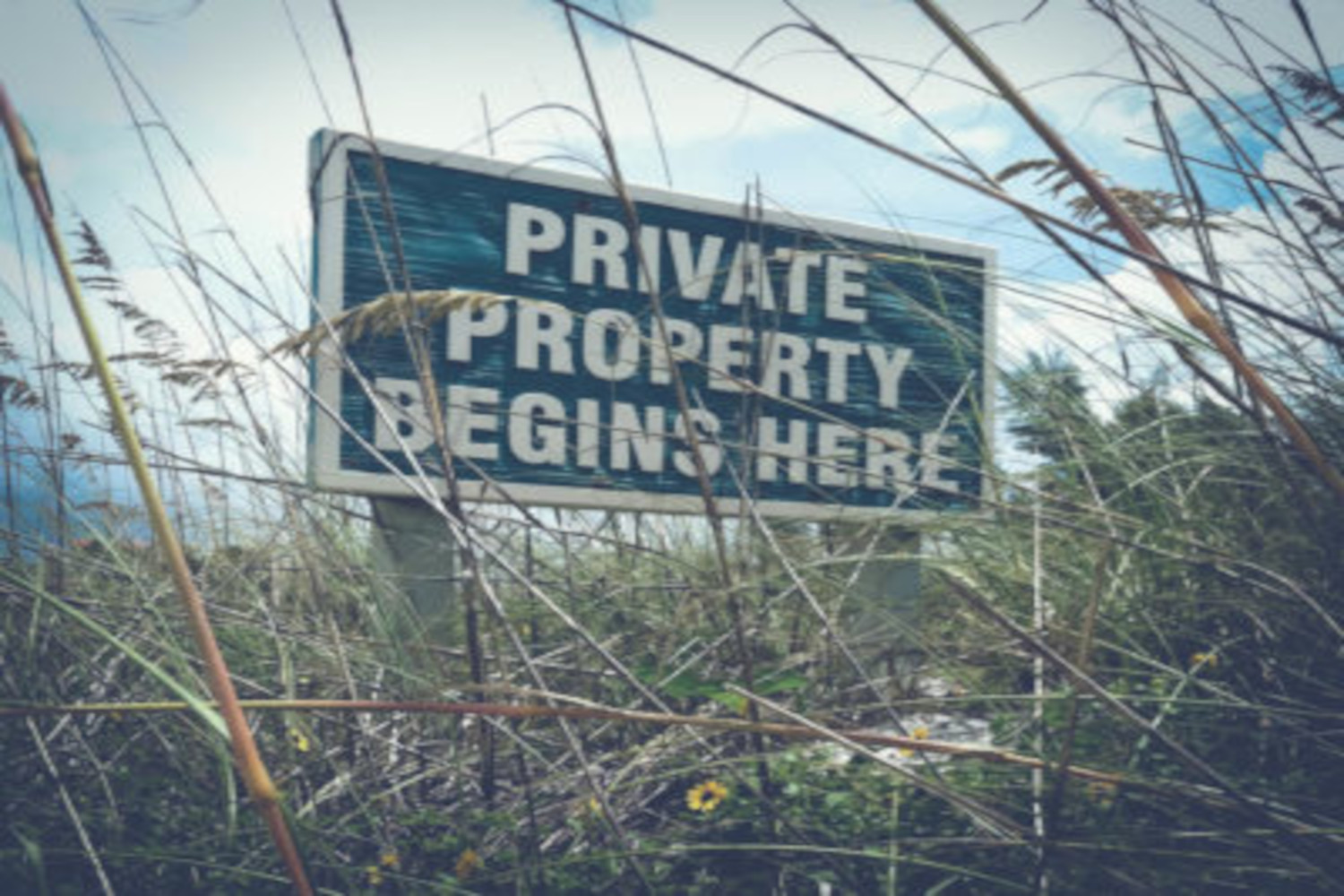By Austin B Calhoun
Do you know what your CGL insurance policy covers? General contractors may expect that their CGL policy covers the cost to repair defective work, or other components of the project that were damaged by defective work. This may be one of the primary reasons a contractor purchases CGL insurance. However, this coverage may not exist. It depends on the language of the policy and endorsements. Of particular importance is the “your work” exclusion and the “subcontractor exception,” which were the subject of a recent Florida case. In J.B.D. Construction, Inc. v. Mid-Continent Casualty Company, 2014 U.S. App. LEXIS 13358 (11th Cir. July 11, 2014), the court denied coverage based on the “your work” exclusion. This blog looks first at the concept of “property damage” coverage and then examines how the holding of J.B.D. Construction impacts the breadth of property excluded from “property damage” coverage by the “your work” exclusion. Lastly, we examine how elimination of the “subcontractor exception” renders your insurance nearly useless in construction defect cases.




